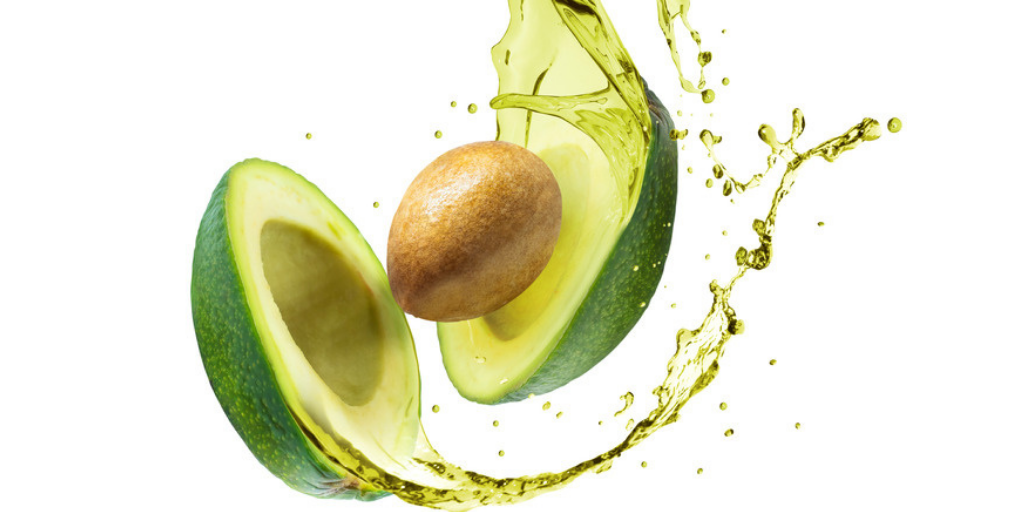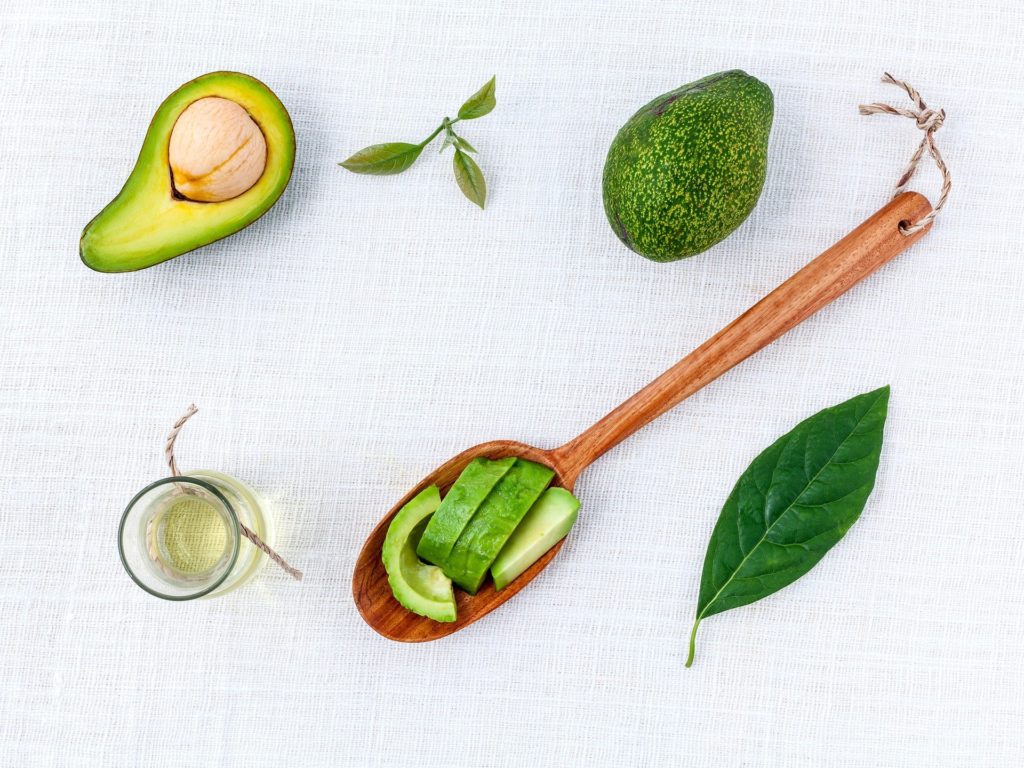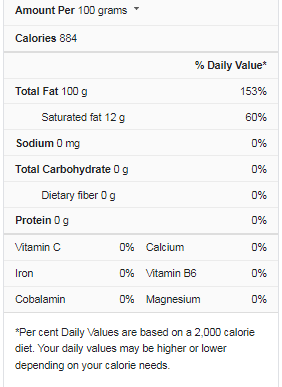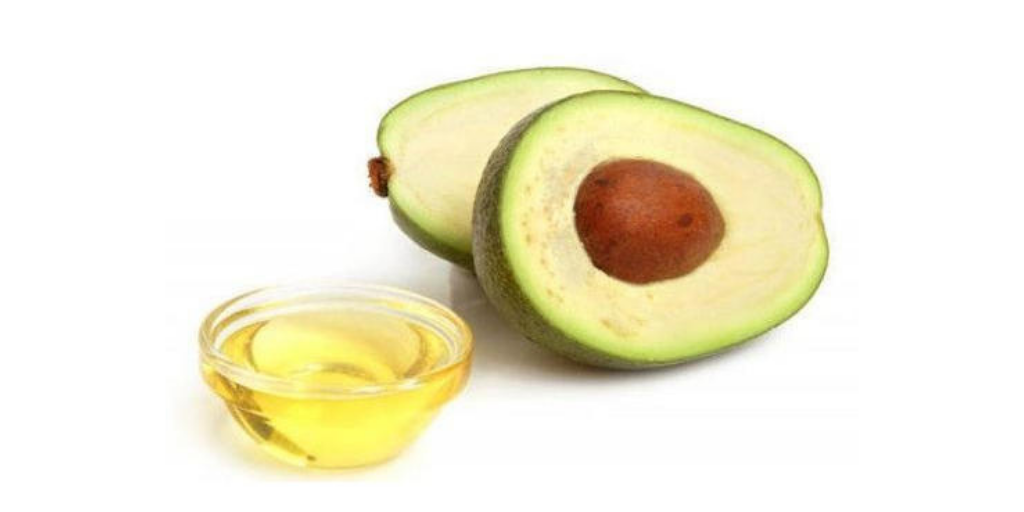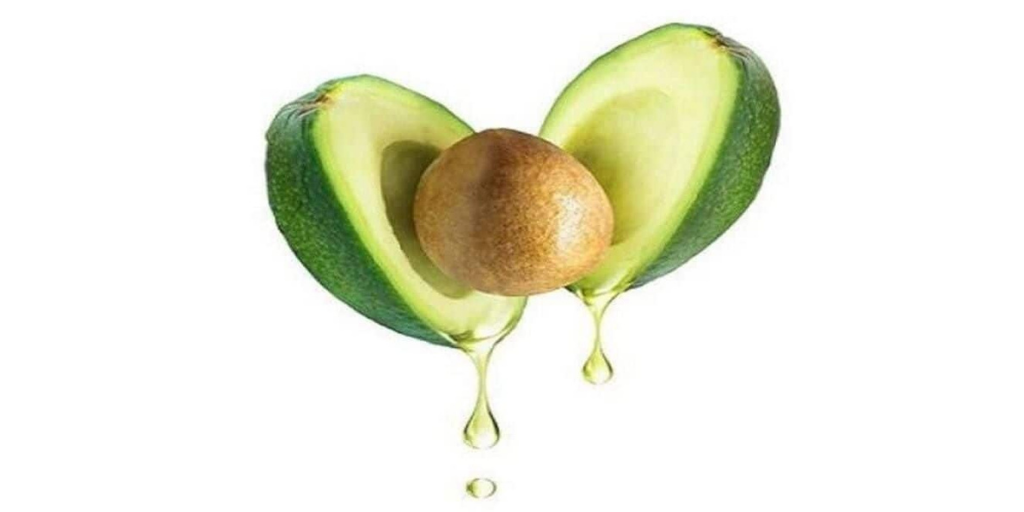The best avocado oil for cooking can be found in various sources, including stores and online. Its natural color and taste make it an ideal option for cooking and massaging. It contains monounsaturated fats that are good for heart health and are rich in antioxidants. It can also be used in baking and frying, and it is often used as a salad dressing. To choose the best avocado oil for cooking, consider the quality of the product and its price.
Avocado oil is considered one of the healthiest oils for cooking, and it has zero cholesterol and zero trans fat and is excellent for cooking. In addition to cooking, avocado oil is also a healthy and versatile oil used for salad dressing and other uses. It is highly recommended for frying and baking, and it is also very nutritious and is suitable for use at high temperatures.
Avocado Oil Nutrition Fact
8 Health Benefits Of Avacado Oil
1. It’s High In Oleic Acid, A Healthy Fat
Avocado oil is a natural oil extracted from the avocado pulp. Avocado oil contains over 70% oleic acid, a monounsaturated omega-9 fatty acid suitable for the heart.
This fatty acid is also found in olive oil and is responsible for its health advantages. Avocado oil contains roughly 12 percent saturated fat and around 13 percent polyunsaturated fat.
Avocado oil has a high omega-6 to omega-3 ratio (13:1), higher than the recommended ratio of 3:1 or 2:1 for good health. However, because the total amount of omega-6 is so tiny, this should not be a cause for concern.
The majority of evidence suggests that eating a diet high in unsaturated fats is good for your health and may lower your risk of chronic diseases, including heart disease and dementia.
2. Lowers Cholesterol And Promotes Cardiovascular Health
Avocado oil is high in unsaturated fatty acids, linked to improved cardiovascular health.
Participants in small crossover research with 13 people were given either a control dinner made with butter (25 grams of saturated fat) or a test meal made with avocado oil (25 grams of unsaturated fat).
Blood samples revealed that the test-meal group had considerably lower levels of triglycerides, total and LDL (bad) cholesterol, inflammatory cytokines, and blood sugar than the control group after a 240-minute post-meal interval. For 45 days, avocado oil was compared to losartan, a blood pressure drug, in a rat trial. Avocado oil reduced diastolic and systolic blood pressure by 21.2 percent and 15.5 percent, respectively, and exhibited similar blood pressure-lowering benefits to losartan.
Another rat study discovered that avocado oil reduced triglycerides and LDL (bad) cholesterol while not affecting HDL (good) cholesterol. This oil was similar to olive oil, which is another heart-healthy oil.
While these findings are encouraging, more human clinical trials are required.
3. It’s High In Lutein, An Antioxidant That’s Good For Your Eyes
Avocado and avocado oil are good sources of lutein, a pigment, and antioxidant found in your eyes naturally.
A diet high in lutein and another carotenoid called zeaxanthin has been demonstrated to be beneficial to eye health and may reduce the incidence of cataracts and macular degeneration, two prevalent age-related eye illnesses.
Because your body does not generate lutein, you must get it from your diet. Fortunately, incorporating avocado and oil into your diet is a simple and effective strategy to promote eye health.
4. Aids In The Absorption Of Essential Nutrients
Some nutrients, such as the fat-soluble vitamins A, D, E, and K, must be paired with fat for your body to absorb.
In particular, carotenoids like beta-carotene, lycopene, lutein, and zeaxanthin are poorly absorbed without fat. Unfortunately, many carotenoids-rich foods and vegetables, including watermelon and tomatoes, are poor in fa.
As a result, including avocado oil or another type of fat in your meal may aid in absorbing these nutrients.
According to a small study, avocado oil improved the absorption of carotenoids in a salad comprising carrots, romaine lettuce, and spinach. Compared to a salad without fat, the rise was significant — 4.3 to 17.4 times.
Other research has found that olive oil, which has a similar oleic acid concentration to avocado oil, increases carotenoids’ bioavailability.
As a result, adding avocado oil to a salad, marinade, or other food may improve nutritional absorption.
5. It Has The Potential To Alleviate Arthritis Symptoms
Arthritis is a prevalent condition characterized by severe joint inflammation, and it impacts millions of individuals worldwide.
While there are many different types of arthritis, the most prevalent is osteoarthritis, caused by cartilage degradation in the joints.
In some trials, avocado and soybean oil extracts, known as avocado/soybean unsaponifiables (ASU), have been reported to alleviate the pain and stiffness associated with osteoarthritis.
ASU appears to be especially useful for patients with hip and knee osteoarthritis.
ASU supplements are available in most health food stores and online. However, consult with a healthcare practitioner to ensure appropriate for you.
6. Enhances Wound Healing And Improves The Appearance Of The Skin
Avocado oil contains fatty acids and elements that may benefit your skin. It’s high in vitamins A and E, associated with skin membranes’ health.
After 12 weeks of treatment, a cream containing avocado oil (20%) and vitamin B12 alleviated the symptoms of plaque psoriasis in 24 persons with plaque psoriasis.
Avocado oil has also been demonstrated to help with psoriasis therapy and wound healing in human and animal tests.
However, because most of the trials included avocado oil with other nutrients like B12 and moisturizing agents, it’s difficult to say whether avocado oil alone would have similar results.
A diet rich in unsaturated fatty acids, vitamins A and E, and antioxidants, in addition to topical application, has been linked to healthy skin.
Avocado oil should not be used straight on any open wounds. Instead, look for avocado oil products made by recognized companies.
7. Antioxidant-Dense
Antioxidant-rich foods aid in the battle against free radicals, which are unstable chemicals that can cause cell damage over time. An imbalance can cause oxidative stress, leading to heart disease, type 2 diabetes, and cancer.
Antioxidants neutralize free radicals by providing an electron, preventing them from causing harm.
On the other hand, avocado oil has a lot of antioxidants that are good for your health, such as carotenoids, tocopherols (vitamin E forms), and other plant sterols.
8. It Is Elementary To Use
Avocado oil is incredibly adaptable and easy to add to your diet, even if it is not technically a health advantage.
It can be eaten cold and safe and healthful cooking oil because its fatty acids are stable at high temperatures (up to 520°F or 271°C).
Is Avocado Oil Good For You?
Avocado oil is made from the flesh of the avocado fruit. It’s a favorite cooking oil because of its mild flavor and high smoke point, but you can also eat it raw. In terms of usability and nutritional value, avocado oil is reasonably similar to olive oil. Cold-pressed avocado oil, like extra virgin olive oil, is unrefined and preserves part of the flavor and color of the fruit, rendering it greenish in appearance.
Avocado oil is also commonly used as a moisturizer and can be found in various cosmetics and skincare products. The oil is frequently refined and bleached before being used externally, giving it a pale yellow appearance.
Regional variances can produce variation in taste and, to a lesser extent, nutritional profile in avocado harvests and different extraction procedures.
What Is Cold-Pressed Avocado Oil That Is An Unrefined And Extra Virgin?
Avocados (Persea Americana Mill.) have been known for their high oil content since Aztec times, and the fruit is frequently referred to as “vegetable butter” or “butter pear.” The plant was first cultivated in Central America, and it has since expanded to warm subtropical and temperate climes all over the world.
The flesh of an avocado can contain up to 30% oil (based on fresh weight), whereas the seed (2%), as well as the skin (7%), contain very little. Because of its excellent skin penetration and fast absorption, avocado oil has initially been and continues to be extracted for cosmetic applications.
Avocado oil for cosmetics is traditionally extracted with solvents at elevated temperatures after pre-drying the avocado flesh to eliminate as much water as possible (65 percent water in avocado flesh). The oil for use in skincare products is frequently refined, bleached, and deodorized after extraction, resulting in an odorless yellow oil.
Conclusion
Unlike other cooking oils, avocado oil is cholesterol-free and contains zero trans-fat. It has an excellent taste and aroma and is available in various varieties. It can be used for baking and high-temperature cooking. You can also try flavored avocado oil for cooking if you’re new to avocados. Its mild flavor and high smoke point make it an excellent choice for many dishes.
The best avocado oil for cooking can be found at local stores or online. The best way to choose the right avocado oil is to look for one that contains the highest quality and is made from freshly-picked avocados. The higher the temperature, the better quality avocado oil is, and the oil will also last longer. The avocado is rich in nutrients, so that it will add flavor to your dish. In addition to its nutritional value, avocado oil is also an excellent choice for DIY skincare products.
